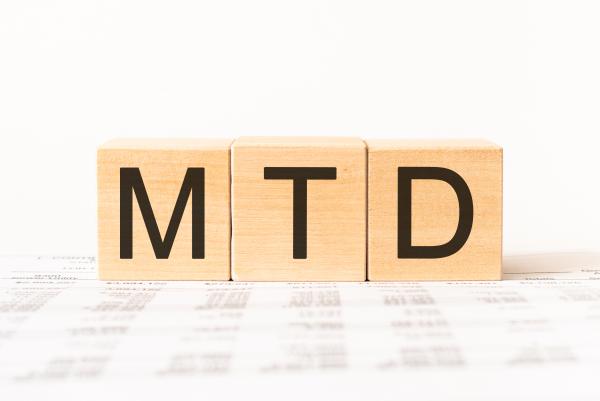
Tax professionals welcome delay to compulsory digital tax reporting
The Chartered Institute of Taxation (CIOT) and Association of Taxation Technicians (ATT) have welcomed the announcement that the government are delaying making it compulsory for self-employed businesses and landlords to keep digital records and report their income quarterly until April 2026 for those in the first stage, and later for smaller businesses.
In a written statement issued today, Financial Secretary to the Treasury Victoria Atkins announced that:
- Making Tax Digital for Income Tax Self-Assessment (MTD for ITSA)1 will now be introduced from April 2026, with self-employed individuals and landlords with income over £50,000 mandated to join first
- Those with income over £30,000 will be mandated from April 2027
- The government will review the needs of smaller businesses, particularly those under the £30,000 threshold, before announcing any further mandation
- The government will not extend MTD for ITSA to general partnerships in 2025 as previously planned. This will now follow at a later date.
Alison Hobbs, Chair of the joint CIOT and ATT Digitalisation and Agent Strategy Committee, commented:
“This announcement recognises reality. The incredibly limited testing, combined with significant problems still to be resolved,2 means that this delay had to happen.
“Digital tools can improve both compliance and customer experience in the tax system, and in many areas already do. But they must be developed in partnership with taxpayers, agents and software companies. An approach of sticking to timescales for across-the-board changes to record-keeping and tax reporting, which have proved to be over-ambitious, would not work.
“This further pause in the roll-out of MTD for ITSA must be used effectively to overcome the problems which remain with MTD for ITSA, and we welcome that HMRC have committed to do this in partnership with stakeholders. It is vital that these hurdles are overcome so we are not back in this position again in another couple of years.
“The announcement of a review of the needs of the smallest businesses is sensible. But we think the government should take advantage of the extra breathing space provided by this extended timetable to review how the objectives for the MTD programme as a whole, with which we agree, can be achieved without delivering disproportionate costs and compliance burdens.”
The stated objectives of MTD are to make it easier for individuals and businesses to get their tax right and keep on top of their affairs.3
Survey showed need for delay
A CIOT/ATT survey of tax professionals, carried out earlier this month, found that 97% of respondents did not think that MTD for ITSA, in its current form, could be successfully introduced from April 2024. It found widespread concern around taxpayer awareness, taxpayers’ ability to comply with the new requirements, software availability and HMRC’s own capacity to support taxpayers and agents.4
The survey found that more than three quarters of tax professionals who responded think keeping digital records will be useful. However just one in three thinks quarterly reporting will be useful.4
Alison Hobbs continued:
“We welcome that HMRC’s ambition is for taxpayers to want to use MTD, rather than having to do it. We look forward to working with HMRC to achieve those ambitions. Hopefully, this additional time will give taxpayers and their agents the opportunity to fully test and enhance these new processes so they do indeed achieve MTD’s objectives.”
Notes for editors
1. Under the previous plans, sole traders and landlords with gross income above £10,000 would have needed to follow the rules for MTD for ITSA from 6 April 2024. For those who are both self-employed and landlords, the £10,000 related to their total income (from self-employment and property rental). General partnerships would have been required to join MTD for ITSA from 6 April 2025. MTD for ITSA will require businesses to keep digital records and use MTD-compatible software to file quarterly updates of their income and expenses with HMRC, in addition to their current annual tax filing requirements.
2. For example, taxpayers’ ability to appoint more than one agent to support with MTD for ITSA, and how joint landlords should maintain their digital records and submit quarterly updates.
3. See, for example, https://www.gov.uk/government/publications/making-tax-digital.
4. The survey found:
- 94% of respondents uncomfortable with the level of taxpayer awareness.
- 94% uncomfortable about taxpayers’ ability to comply.
- 65% uncomfortable about the availability of suitable software.
- Only 3% of respondents comfortable about HMRC’s capacity and resources to support taxpayers and agents.
- 79% think that keeping digital records will be useful.
- 36% think that quarterly reporting will be useful.
Full survey results can be found on the ATT website.















